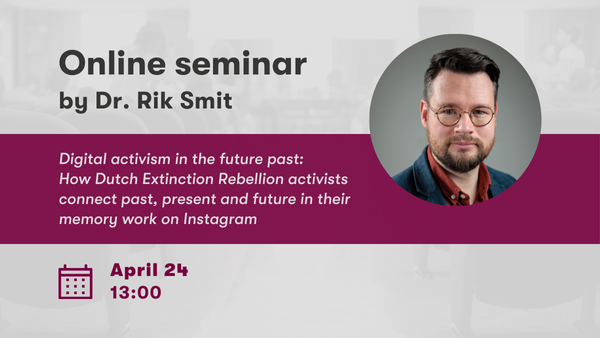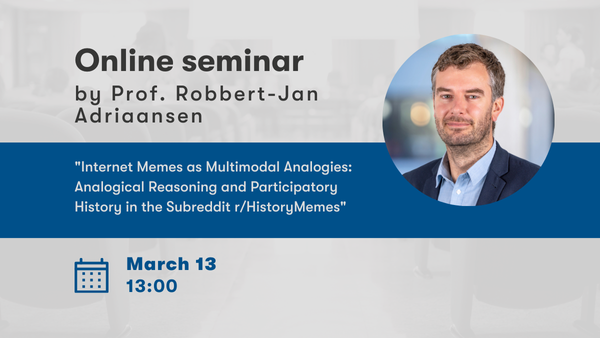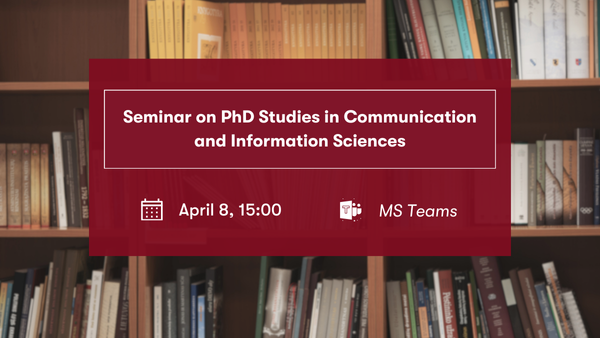About the Faculty

Vilnius University Faculty of Communication is the most cohesive school of communication sciences not only in Lithuania but also throughout East Europe. In most European countries the scientific domain of communication and information is dispersed among the many university faculties, such as those of arts and humanities, social sciences, computer science, or information technology. In this respect, we are proud to have a collective organizational entity which suits the cause and development of information and communication most appropriately and differs from the common practice seen in other countries. Such cohesion has been heralded as one of the foremost strengths of the Faculty – it entails opportunities for further development of interdisciplinary research and studies in communication and information sciences.
Research and studies in communication and information form an integrated core of the Faculty of Communication, where the primary focus is on the processes of information search, its preparation, transmission, and uses within the society.
The key assets of the Faculty are its staff and students – their intellectual capacity, motivation creativity, initiative, and open mind for innovation tread the path to success.
The Faculty provides an integrative approach to the study and research quality, making the best use of goal setting and improvements in infrastructure and human resources. Creativity is seen as an especially valuable individual asset that should be fostered at any time for its potential to generate unique, novel, ground-breaking insights, ideas, and models.
The Faculty provides education and training of specialists that answer the market needs, adapt to the constantly changing environment, facilitate innovation, and enhance best practices in their professional areas. The study process involves extensive use of advanced technologies and innovations, as well as methodologies, tools, and techniques already well established throughout the world, all of which aid further improvement in research and study quality.
The Faculty is linked with more than 20 social partners, and as many as 100 enterprises are available for student internship.
Today the staff of the Faculty embrace more than 60 researchers – it is the by far the largest team of communication and information scientists in Lithuania, with 6 PhD doctors that have been awarded the habilitation qualification or have passed the habilitation procedure, more than 50 PhD doctors and over 20 doctoral students. The Faculty’s researchers produce more than 80 scientific publications every year. The Faculty also organizes annual conferences, publishes 3 scientific journals, and provides 9 study programmes for Bachelor’s degree and 11 programmes for Master’s degree. One programme, International Communication, is taught entirely in English. After successful completion of these programmes, students may proceed to doctoral studies in the area communication and information. During over 20 years of the Faculty’s functioning, the doctoral studies have been successfully accomplished by 50 students.







